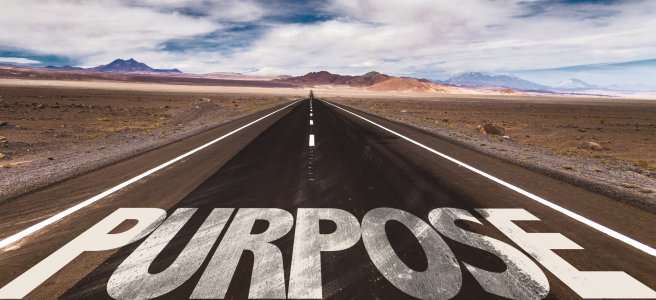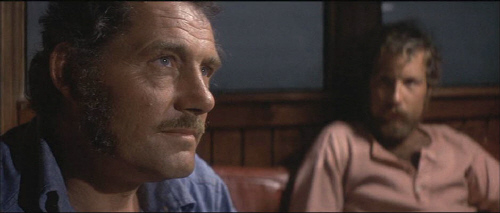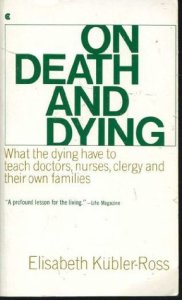Grief is a hole carried deep within. It is the oxygen-deprived void, generally unseen by anyone else, living within our soul whose weight varies from day to day, moment to moment, from a quick catch of your breath to drowning suffocation.
Queen Elizabeth II died yesterday at the age of 96. Unless you’re 95, I don’t know anyone who wouldn’t sign that lifetime contract today. My cousin died yesterday, too. Life did not afford her 96 years. Absent the global outpouring of tears, her loss is no less devastating than that of the queen to her family. Grief is sure to wash over her family as sure as the queen’s.
Regardless of your feelings toward the British monarchy, whether you feel it is superfluous in 2022, an anachronism to modernity, or the steady hand on the till as time unfolds, the queen’s passing marks the end of an era. She worked with fifteen Prime Ministers throughout her long life, the first being Sir Winston Churchill. Churchill was born in 1874, a mere nine years after the end of our Civil War. She served as monarch for 70 years or about 28.5% of the entire history of the United States.
To remember a time when she was not monarch, you would have to be over 75 or 80 years old. Consider the changes the world has undergone during the time of her reign. Of course, few of us knew her. I can only project my interpretation of the video and deed she presented to the world. However, it seems that, whatever you feel about her, she sincerely believed in the queen’s duty above all else. No doubt, this came at a tremendous personal sacrifice. Whether it was a private life forfeited after her uncle’s abdication, a restructuring of her relationship with her husband Phillip in deference to her role, or the official position she had to take over any maternal impulses she may have felt, forbearance and sacrifice was her duty.
Grief is a hole carried deep within. However, there are occasions when it is visible. Words record the pain she endured at her father’s passing, King George VI, in 1952. Modern technological capabilities captured some insight into her grief after the passing of her husband. As we isolated ourselves in reaction to the savage viral death brought by COVID-19, the queen sat alone in St. George’s Chapel on that day in April 2021. Captured by Jonathan Brady of the Associated Press on that day, here she sits with her grief.

Look at her eyes. That is grief. The hole carried deep within, momentarily visible in her lost stare. I know that look. The paralysis grief creates, the mental gymnastics, and incomprehensible lack of understanding one goes through envisioning a world without a loved one are visible to anyone remotely aware. It is the eyes that expose our grief to others. It is through the eyes that tears flow. It is through sight that we feel sympathy and empathy. And it is through our eyes that grief reveals us shattered and lost.
If we are lucky, time softens the edges of our grief. We catch our breath at a memory, song, scent, or place, but we no longer suffer the drowning suffocation as often. We learn to control access to the most devastating memories; we learn to remember without reliving them. It is not an easy skill to learn.
The queen is gone. So, too, my cousin Gwennie. People worldwide may mourn the queen’s loss as if a steel and cement pillar of our societal foundation has crumbled and left us on infirm sand. Her family and my cousin’s will know grief exposed through our eyes. Be a comfort to those showing the signs of grief’s pain. None of us are immune to its theft of air any more than death steals life. The hole grief creates in its immediacy is devoid of oxygen. Help each other breath.







